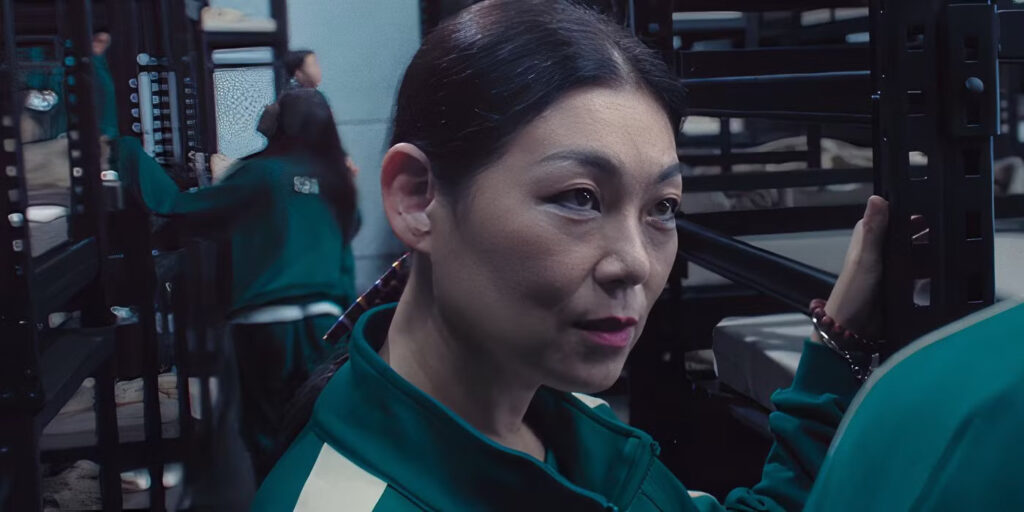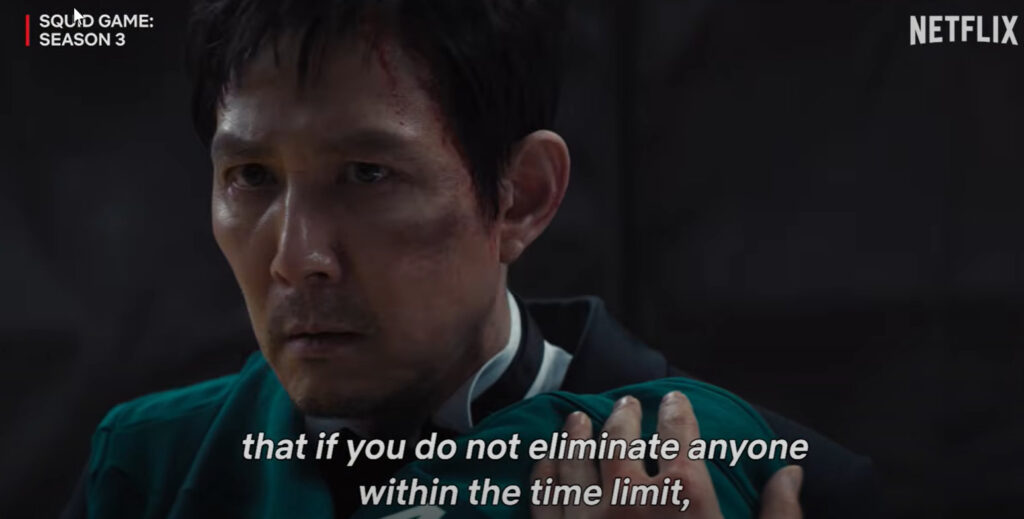South Korea has firmly secured its place as a global cultural juggernaut. From the electrifying beats of K-pop to the gripping narratives of K-dramas and Oscar-winning films like Parasite, Korean media has captivated international audiences. The King of Kings, a recent animated hit, even surpassed previous records to become the highest-grossing Korean film in U.S. history. But amid this wave of applause, Season 3 of Squid Game offers a sobering counterpoint—one that challenges us to look beyond the glitter of cultural export and confront the fractures within.
A Mirror Beneath the Mask
Unlike its glittering entertainment peers, Squid Game Season 3 turns the spotlight inward, reflecting a society where trust falters and mercy is penalized. The brutal contest at the show’s core—a high-stakes game of life and death cloaked in nostalgic childhood aesthetics—underscores just how deeply inequality, isolation, and fear have reshaped South Korean society.
Its themes resonate sharply in a country grappling with rising youth despair, record-breaking suicide rates, and deepening generational and ideological divides. In this way, Squid Game functions not just as drama, but as diagnosis.

Why Fiction Hurts So True
The global success of Squid Game could have been an easy win to celebrate—but the show refuses to let viewers look away from uncomfortable truths. It warns against the temptation to romanticize cultural success without reckoning with the struggles it often conceals.
Behind its gripping narrative is a deeper call: to confront the corrosion of empathy in a hypercompetitive world. It also issues a quiet rebuke to Christian institutions that have, at times, mirrored the divisions they were meant to heal. Where faith should unify, Squid Game finds fragmentation and silence.

Faith, Fear, and the Absence of Redemption
Through dystopian fiction, Squid Game challenges viewers to ask not just “What happens next?” but “What are we becoming?” By weaponizing innocence—children’s games turned deadly—it exposes a society where compassion has become suspect and survival trumps community.
Characters like Gi-hun no longer represent redemptive arcs but moral exhaustion. Season 3’s absence of faith figures, replaced instead by spiritual mimicry and desperation, paints a portrait of a society not just anxious—but spiritually adrift. The show’s contrast with the message of grace in the gospel becomes stark: Where the gospel invites unity and healing, Squid Game shows the cost of a world that has forgotten how to love.

The Power Beneath the Prestige
As South Korea basks in cultural acclaim, Squid Game stands as a necessary disruption—a cultural achievement that critiques the very culture it comes from. Its message is neither cynical nor hopeless. It’s an urgent invitation: to look deeper, love better, and resist the systems that pit us against one another.
In a global age where media travels faster than meaning, Squid Game reminds us that some stories aren’t just meant to entertain. They’re meant to unearth.




